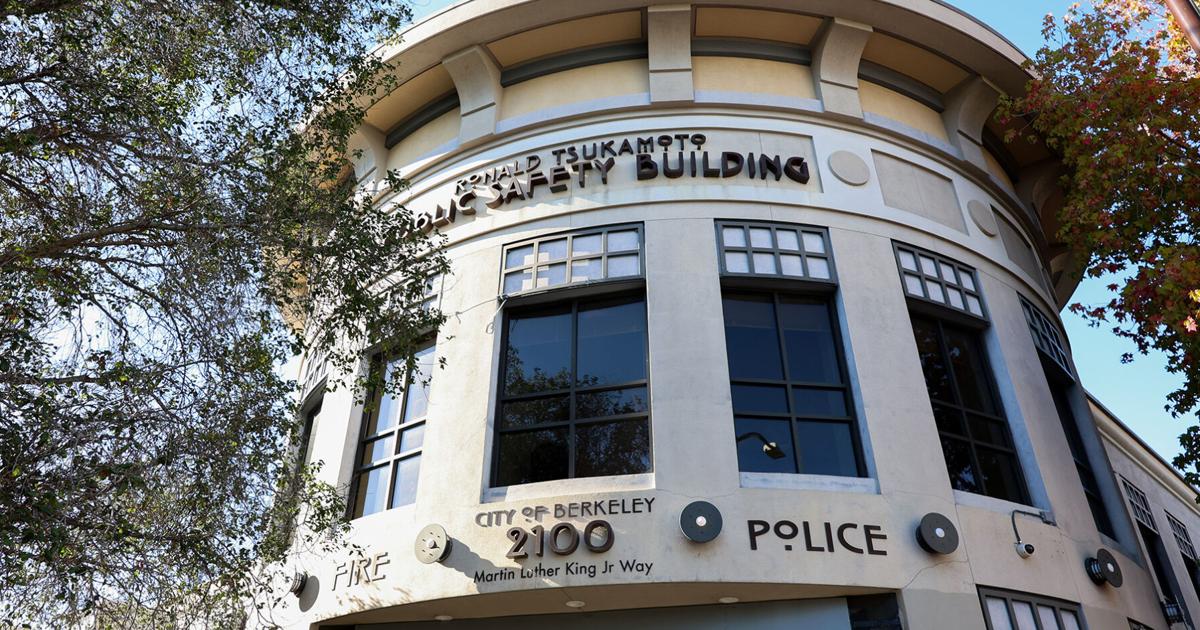The Public Safety Committee voted unanimously in favor of sending an item regarding the potential acquisition and use of drones by the Berkeley Police Department to the Berkeley City Council with a positive recommendation Thursday.
The item, authored by District 2 Councilmember Terry Taplin and cosponsored by Councilmembers Rashi Kesarwani and Mark Humbert, would initiate a process to authorize BPD to acquire and use Drones as First Responders, or DFR, as well as other types of Unmanned Aerial Systems, or UAS.
The process is outlined by the city’s Surveillance Technology Ordinance, or STO, which requires auditing, transparency and data protections for acquiring and using surveillance technology.
DFR are a type of UAS that take the place of officers in initial responses, with the drone operator sending or driving the drone to the location. The drone operator then sends real-time drone information back to the communication center, enabling officers to see what is happening at the scene and how the situation is evolving.In addition to DFR, UAS can also support officers on the scene by assisting in search and rescue responses and identifying threats to public safety.
At the meeting, Berkeley Police Chief Jennifer Louis shared that BPD has begun to use other agencies’ UAS on loan while it waits for the council’s approval to acquire its own. BPD has used the technology for search warrants in Berkeley and in other jurisdictions.
Louis said BPD is currently experiencing staffing shortages and implementing UAS would enable them to “fill in the seats.” BPD Operations Captain Joseph Okies added that DFR could shorten response times because drones can arrive at the scene faster than police cars.
“We have seen (UAS) increase safety and provide a tool that reduces harm … to the greater community … as well as the operators and employees that we send to do this really challenging work,” Louis said. “The sky’s the limit, literally.”
District 5 Councilmember Shoshana O’Keefe said she would like certain details to be added to the acquisition report, specifically the times when microphone capabilities would be turned on.
O’Keefe said she considers the capacity for DFR to possess microphones as a crucial issue that needs to be tackled.
“I think this is a really important issue we haven’t addressed so far with surveillance,” O’Keefe said. “This is surveillance and I think everyone’s used to the idea of being on camera, but microphones are crossing a new boundary and I want to make sure we’re giving it a lot of thought.”
O’Keefe added that she was initially against the technology but she recognized that it could be “useful in some cases” after listening to the officers’ comments.
During public comment, John Lindsay-Poland and Barb Atwell, members of different Quaker organizations, alleged that BPD has not complied with Assembly Bill 481 by using drones from neighboring agencies in Berkeley without an approved use policy.
“Police drones as first responders need strong guardrails to prevent abuses and invasion of privacy in military weapon use and prohibited crowd control,” Atwell said.

